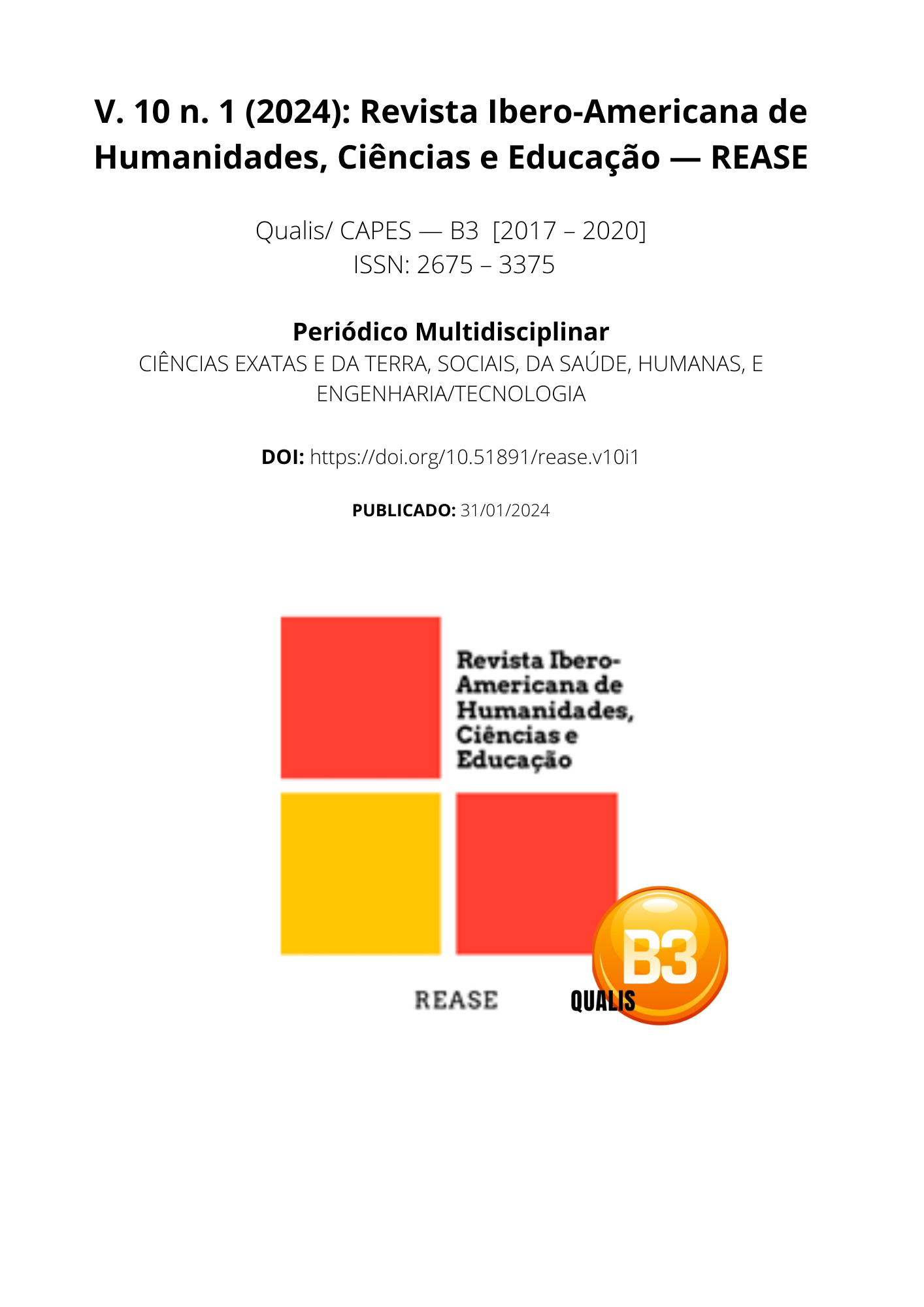THEATER IN LEARNING PHILOSOPHY FOR STUDENTS WITH SPECIAL NEEDS FROM THE PERSPECTIVE OF WELL-BEING
DOI:
https://doi.org/10.51891/rease.v10i1.12922Keywords:
Philosophy. Welfare. Teaching-learning. Theater.Abstract
The investigation has the process of observing the uses of theatrical techniques for praxis in the teaching-learning of philosophy for students with special needs in public schools with the perspective of well-being aligned with criticality. To this end, the objective is to reflect on teaching-learning for well-being in the discipline of philosophy through theatrical techniques. And, understand the teaching-learning of Philosophy in theatrical technique for quality of life; relate the teaching-learning of philosophy in the social context with theater and understand a sequence of physical exercise for quality of life in Philosophy classes with Theater techniques. Because, it is in these social relationships, in cooperation and integration that the school environment provides the teacher's mediation to contribute to effective learning in the student's life. It is believed that the relationships between the educational location, students, teachers, managers and the school community are of paramount importance for the construction of knowledge. In this case, the interweaving of knowledge of theatrical technologies in the school environment becomes the key to the quality of life and learning of public school students for well-being and training in the social context, as well as developing critical sense, seeking their rights and applying their duties. Therefore, theatrical techniques in the teaching of Philosophy with the perspective of knowledge formation and quality of life contribute to the student seeking criticality in the world and in the social context in which they are inserted. As a methodology, exploratory, qualitative procedures and bibliographical research around the themes were used.
Downloads
Downloads
Published
How to Cite
Issue
Section
Categories
License
Atribuição CC BY

